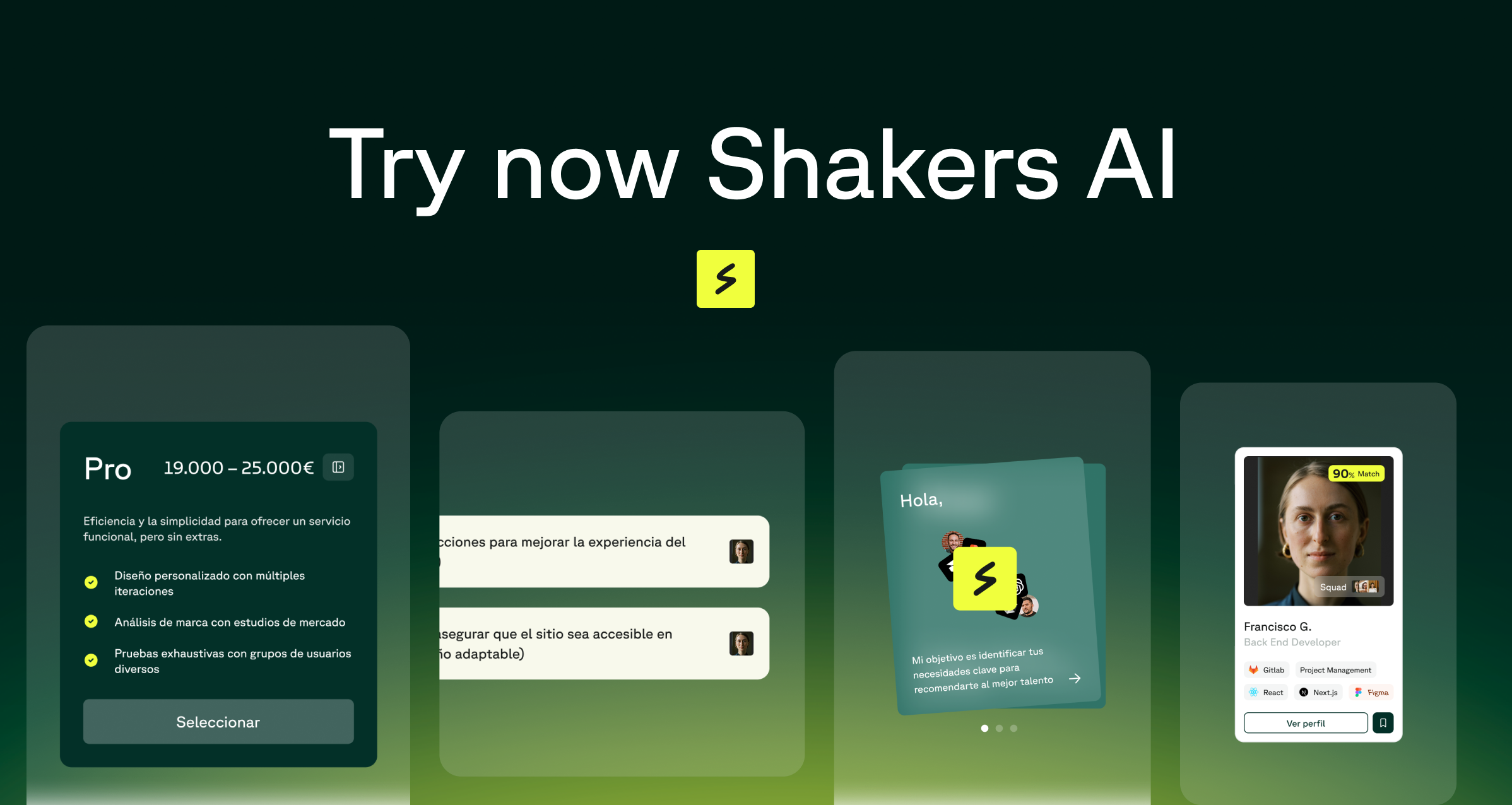In the freelance ecosystem, the word “senior” has become omnipresent - and increasingly vague. It’s used to justify rates, define roles, filter candidates or project authority. But what does it really mean to be “senior” when there are no fixed hierarchies, no linear career paths, no internal validation? In this context, the label starts to lose its weight.
Where does “being senior” even come from?
Traditionally, seniority has been tied to years of experience or one’s level within an organization. More time, more rank. More rank, more judgment. But in the freelance world, that logic falls apart. Here, value lies in the ability to make decisions independently, carry responsibility without constant supervision, and create impact from day one. And for that, it’s not enough to have worked for big names or mastered a tech stack.
Donald Schön, in The Reflective Practitioner (1983), argued that professional competence isn’t just about what you know, but how you act in uncertain and changing situations. What sets true professionals apart is their ability to reflect in action, to adapt, and to generate meaningful responses in real time. This idea, decades old, is still one of the best ways to understand what seniority actually means.
In Rethinking Expertise (2007), Collins and Evans build on this by distinguishing between “contributory expertise” (doing the thing) and “interactional expertise” (talking about the thing). Many professionals have learned to speak the language of seniority, but few practice it with consistency. In a freelance setting—with no manager to back you up and no hierarchy to lean on—value is measured by sustained delivery, not by rhetoric.
So what does it mean to be senior today?
From other disciplines like the sociology of work, authors such as Richard Sennett (The Craftsman, 2008) and Pierre Bourdieu (Le sens pratique, 1980) offer a more layered vision of professional skill. For them, expertise isn’t just technical—it's a way of inhabiting work. Of intervening with judgment. Of taking responsibility. Of holding one’s craft as a form of ethics.
More recent research on digital labor and automation has sharpened this conversation. Niklasson et al. (2024) define skill not as something you possess, but as something you enact—situated, embodied, and visible in what you actually do. Ganuthula and Balaraman (2025) highlight the risk of outsourcing our judgment to systems, and argue that expert intuition—what can’t be automated—is the last frontier of human value. Meanwhile, Harvard Business Review (2024) points out that top-level professionals aren’t looking for jobs, but for real challenges to contribute to.
A label that should mean more
Calling someone “senior” shouldn’t be an empty signal to boost expectations or justify pricing. It should reflect something real: the ability to act independently, to generate impact, to navigate complexity, and to bring strategic perspective. And yet, in most processes, that assessment never even happens. It’s assumed. It’s implied.
That’s why it’s urgent to rethink what we mean by seniority. Not to abandon the word, but to reclaim its meaning. Because if everyone is senior, no one is. And if we keep using labels that don’t match the work being done, we risk overlooking what truly moves projects forward: the kind of value you don’t announce, but deliver.
References
-
Bourdieu, P. (1980). Le sens pratique. Les Éditions de Minuit.
-
Schön, D. A. (1983). The Reflective Practitioner: How Professionals Think in Action. Basic Books.
-
Collins, H., & Evans, R. (2007). Rethinking Expertise. University of Chicago Press.
-
Sennett, R. (2008). The Craftsman. Yale University Press.
-
Eraut, M. (2004). “Informal learning in the workplace.” Studies in Continuing Education, 26(2), 247–273.
-
Graeber, D. (2018). Bullshit Jobs: A Theory. Simon & Schuster.
-
Dreyfus, H. & Dreyfus, S. (1986). Mind Over Machine. Free Press.
-
Niklasson, A. et al. (2024). The Future of Skill: What Is It to Be Skilled at Work?. arXiv.
-
Ganuthula, V. R. R. & Balaraman, K. K. (2025). The Paradox of Professional Input and Automation. arXiv.
-
Gherson, D. & Gratton, L. (2024). “Highly Skilled Professionals Want Your Work But Not Your Job.” Harvard Business Review.






















